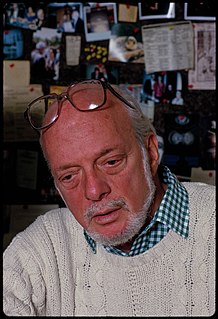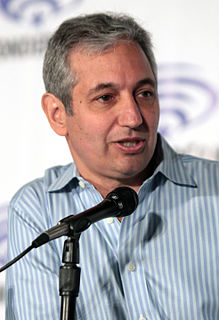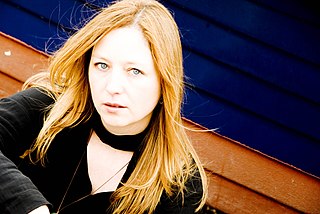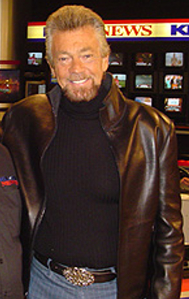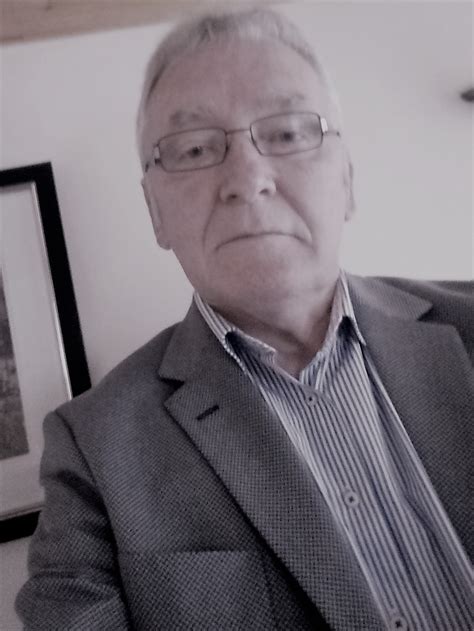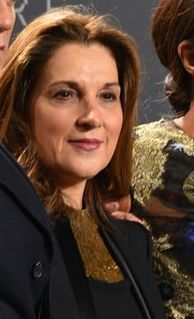A Quote by Harold Prince
Audiences are very willing to be taken somewhere, and to ask an audience beforehand what it wants is probably, I think, a mistake. Much better you should tell them what you want and hope they agree with it.
Related Quotes
Watching first nights, though I've seen quite a few by now, is never any better. It's a nerve-racking experience. It's not a question of whether the play goes well or badly. It's not the audience reaction, it's my reaction. I'm rather hostile toward audiences?I don't much care for large bodies of people collected together. Everyone knows that audiences vary enormously; it's a mistake to care too much about them. The thing one should be concerned with is whether the performance has expressed what one set out to express in writing the play. It sometimes does.
Whether God has decreed all things that ever come to pass or not, all that own the being of a God, own that He knows all things beforehand. Now, it is self-evident that if He knows all things beforehand, He either doth approve of them or doth not approve of them; that is, He either is willing they should be, or He is not willing they should be. But to will that they should be is to decree them.
I think you have to do the stories that interest you and hope an audience likes it, rather than doing stories that you think the audience will like, whether you like them or not. I think there has to be something that you find compelling and interesting, and then hopefully an audience will agree with you.
You tell them what a happy ending consists of, which is always individual success. You tell them that nothing irrational exists in this world, which is a lie. You tell them that conflict only exists only to be neatly resolved, and that everyone who is poor wants to be rich, and everyone who is ill wants to get better, and everyone who gets involved in crime comes to a bad end, and that love should be pure. You tell them that despite all this they are special, that the world revolves around them.
...You believe that the kind of story you want to tell might be best received by the science fiction and fantasy audience. I hope you're right, because in many ways this is the best audience in the world to write for. They're open-minded and intelligent. They want to think as well as feel, understand as well as dream. Above all, they want to be led into places that no one has ever visited before. It's a privilege to tell stories to these readers, and an honour when they applaud the tale you tell.
There's a notion of art in this country that you have to be nutty or special or "called" in order to be an artist. I believe the questions everyone should ask themselves are, "Do you want to do it? Are you willing to do it poorly? Are you willing to do the work of doing it? Are you willing to persist when everybody tells you it's silly?" If you're willing to do that, then you can do it.
Audience interest is directly proportionate to the presenter's preparation. You better spend time and energy on any presentations where the stakes are high. If you are trying to close a large sale or speak at a conference to an audience of potential clients, you better be ON your game. An audience can tell how much energy you spent on your presentation, which is a reflection of how much you valued their time. If they gave you an hour of their time, you need to make it worth it to them by treating their time as a valuable asset by making the content valuable to them.
Someone told me recently, "You're like Oprah, man. People will tell you anything." I'll ask questions and I don't care. If you don't want to tell me, that's fine, but it's not going to be aggressive. I'm open, too. And no judgments. It's a combination of being willing to ask the questions, and being very open myself.
How forthright does the audience want the broadcasters to be? Because when you tell your truth, there's a lot of anger that comes out. I think it's a good question to ask TV people [executives] too. How much truth do they want to be told? How much truth does the league want told? Because the truth isn't just a positive truth. If you're going to tell the truth, you would be telling a lot of positive and some negative.
I test the movies a lot, and if the audience says they love the movie, we know we're on the right track. And if they tell me they hate it, I try to figure out what I've done wrong. But every time out, the audience wants me to go deeper, they want to know more about the characters, and they don't want these movies to be shallow. So they really urge me to tell them a complicated story, and then when I do so, they're thrilled
It's a privilege. It's a real honor. It's a challenge. Michael and I always feel we stand on tall shoulders when we make these films. Audiences come to them with a lot of good will because of what's come before. We just try to make the best film we can, each time, and hope that we satisfy the fans. I'm sure, with Skyfall, that we will. I think it's a terrific film. I hope the audiences enjoy it, as much as we've enjoyed making it.
